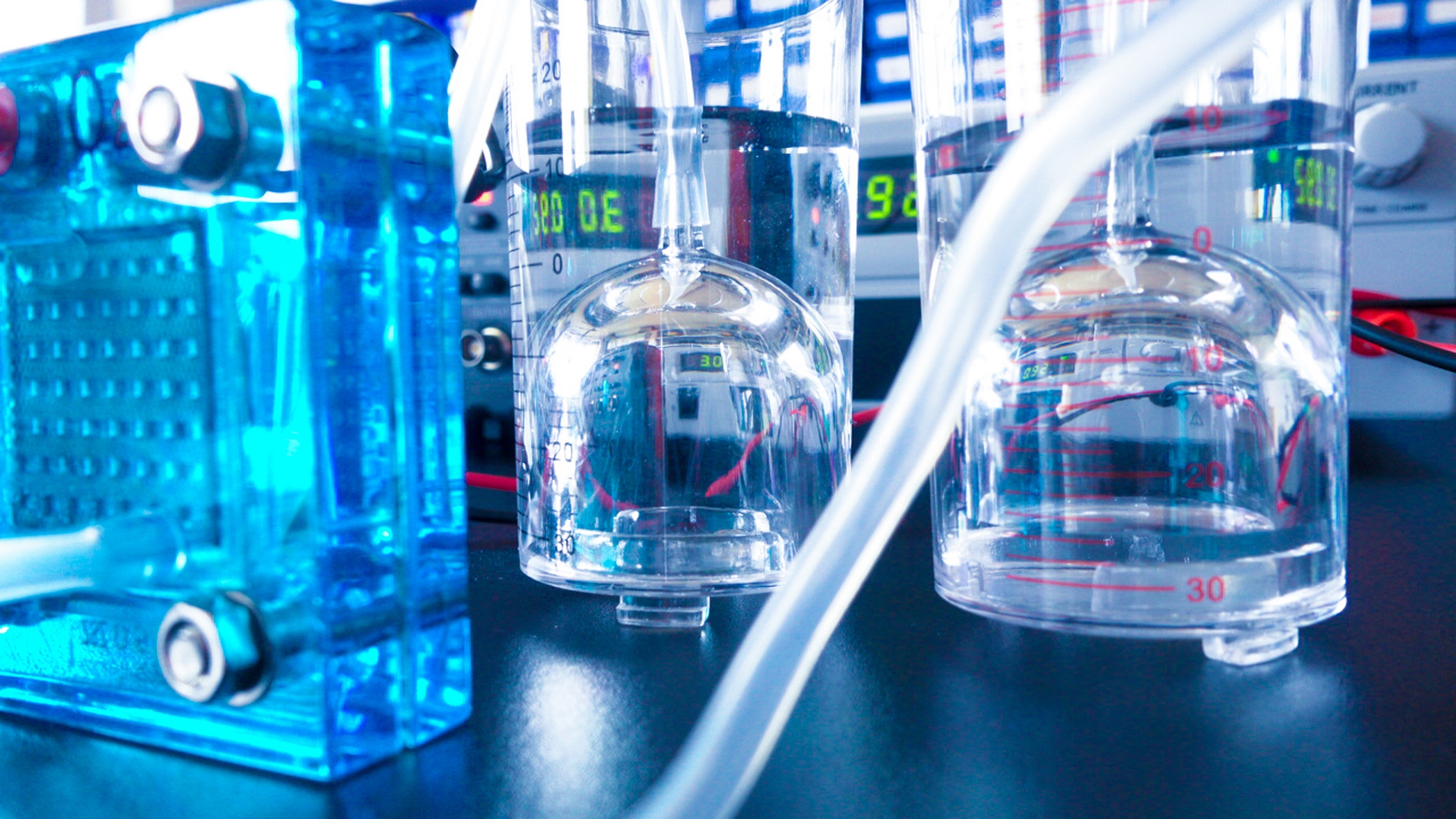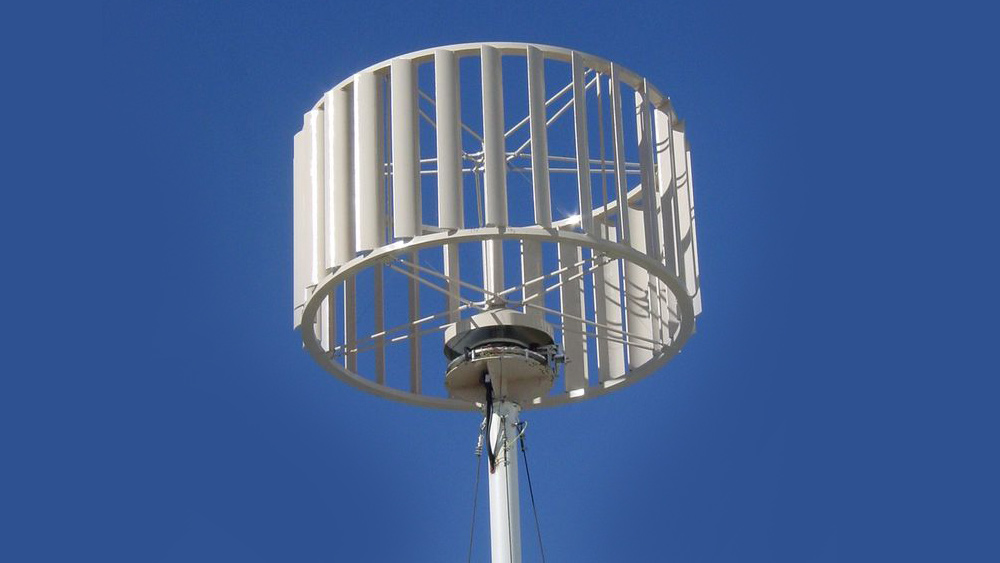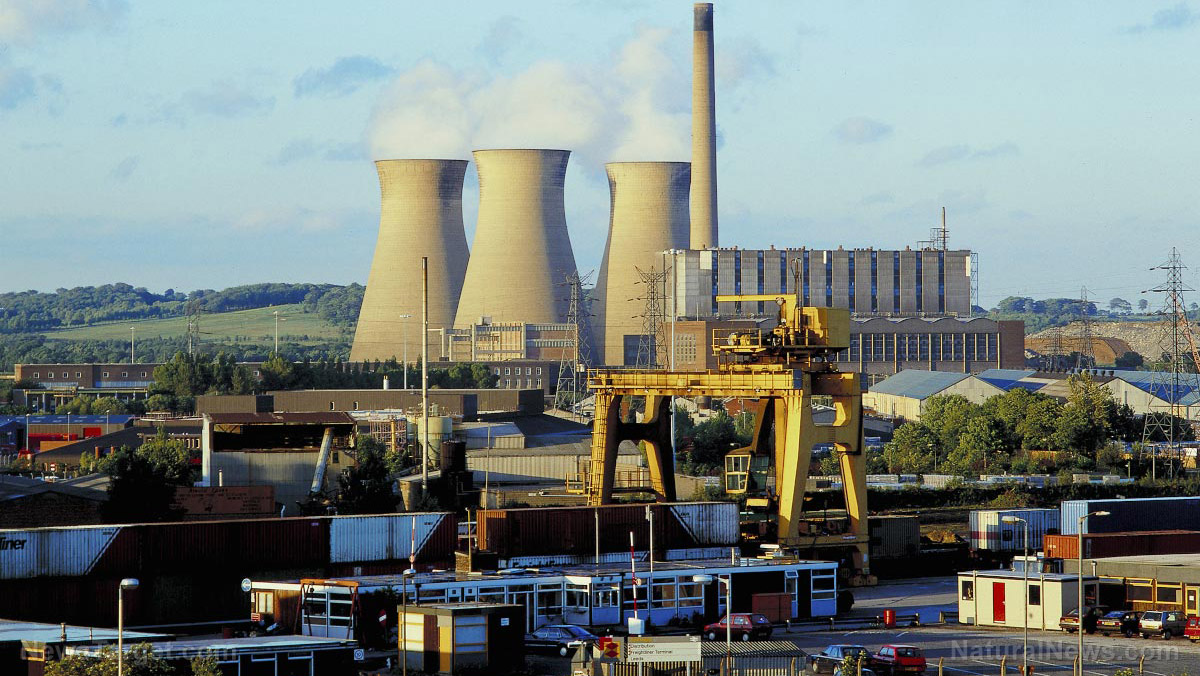Are hydrogen-powered freight trucks ready to roll out?
03/02/2021 / By Ramon Tomey

Freight trucks powered by hydrogen fuel cells are recently starting to gain ground. Rising interest in them comes contrary to criticism about their inefficiency compared to electric battery-powered counterparts. Despite not being in commercial production, many companies are now turning their heads toward hydrogen fuel cells as a possible alternative for powering delivery trucks.
Toyota North America Advanced Product Planning Office Executive Program Manager Chris Rovik said there is “significant momentum” for hydrogen fuel cells to take center stage. He explained: “I think all the truck [manufacturers] realize they need to have zero-emission solutions. They’re starting to understand the benefits of fuel cells in certain use cases.”
The automobile firm has developed 10 first-generation and two second-generation Kenworth T680 Class 8 fuel cell tractors. Five of these are being tested in drayage operations in the ports of Los Angeles and Long Beach in California. Toyota is simply going with its knowledge so far with regard to transporting freight from ports to distribution centers inland. The fuel cell stacks that power the Kenworth trucks from the Toyota Mira passenger sedan – and they have proved reliable so far.
Similarly, electric-powered trucks from Daimler and Volvo are seeing port runs in California as testing grounds — with other truck manufacturers have also followed suit. No long-haul demos of electric trucks have been performed yet, as they would not reach long distances given the absence of something to revolutionize energy density.

PACCAR Inc. CEO Preston Feight said: “Range is really about who much space you take up on the truck.” The head of the truck manufacturer working with Toyota further explained: “The energy density at this point is higher for fuel cells, [but] both types of solutions [electric battery and hydrogen fuel cells] need infrastructure development.”
Most truckers agree that over-the-road trucking is the best use case. Lengthy stops for recharging batteries eat into the total cost of ownership, and batteries for onboard energy take up space that could have accommodated additional cargo.
California’s stringent zero-emissions requirement was the driving force in the hydrogen fuel cell race
Rovik remarked that stringent emissions rules in the state of California contributed to much of the impetus toward zero emissions. These new regulations are set to impact the sales of diesel trucks come 2024. Bosch Diesel Systems Engineering Director Dr. Alexander Freitag agreed with Rovik. His firm collaborated with startup Nikola Motor Company to develop a fuel cell system, with more than 50 Bosch engineers working alongside engineers of the electric vehicle firm. (Related: The big electric vehicle LIE: Electric cars are not “zero emissions,” and their ecological impact is actually dirtier than diesel trucks.)
“Everybody’s focusing a lot on the BEV [battery electric vehicle.] It seems that on the [Kenworth] Class 8 trucks, the fuel cell is preferred because of [both] the refueling time and the range. Everything above 500 miles will be more suited for a fuel cell,” Freitag explained.
He added that Bosch has invested more than €5 billion (US$6 billion) over the last several years in electrical powertrain systems – including fuel cells. “This year [2021] alone, we’ll be spending approximately €700 million (US$849.3 million) in developing further electric mobility, Freitag continued.
Most firms looking to adopt fuel cells envision running dedicated customer routes where hydrogen fueling is available. This is where Nikola comes in: It plans to build hydrogen fueling stations as clients purchase fuel cell trucks for specific routes. Investor documents revealed that each onside hydrogen production facility costs US$17 million each.
Nikola recently sealed a deal for a special electricity rate with the Arizona Public Service (APS), the state’s largest electric utility, to help build its first hydrogen-producing station. The Arizona Corporation Commission unanimously approved the deal, which provides Nikola with a competitive electric rate specifically designed for the production, processing and dispensing of hydrogen.
The company said that its successes in the Grand Canyon State will enable a zero-emission heavy-duty freight corridor along the I-10 freeway between Phoenix and Los Angeles in neighboring California. This also facilitates the creation of a hydrogen economy in Arizona. According to Nikola’s estimate, the rate structure it inked with APS lets it deliver hydrogen at market-leading prices. It also allows the company to offer competitive trucking lease rates for clients. (Related: Researchers have designed a new solar device that may finally make hydrogen cars a reality.)
Check out Electricity.news for more information about trucks that run on electric batteries and fuel cells.
Sources include:
Tagged Under:





















